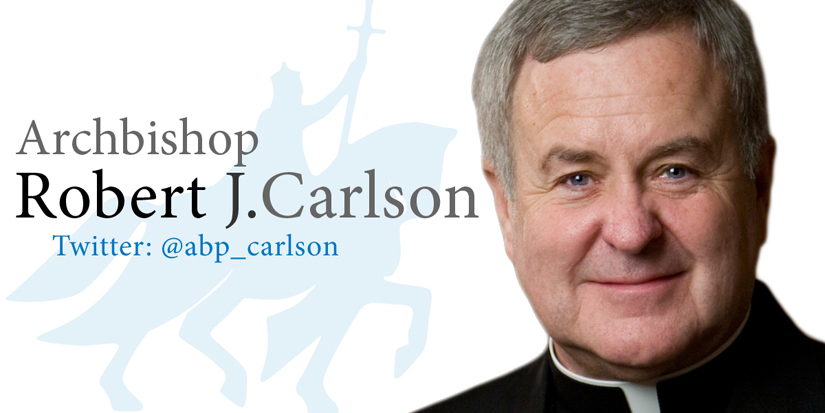 For the next two weeks, we’ll be reading from the book of Genesis. Here are two thoughts about how to read the creation accounts found in the book.
For the next two weeks, we’ll be reading from the book of Genesis. Here are two thoughts about how to read the creation accounts found in the book.
First: If we read Genesis 1 and 2 and focus on “the works of the Lord,” then a fruitful theme opens up for understanding and living the faith more deeply.
All week long, we hear about the works of the Lord in creating the world. But the works of the Lord don’t stop there. They continue all through the Old Testament in the giving of the law, the sending of the prophets and the great events of salvation history. The works of the Lord continue in the words and deeds of Jesus, which we hear about in the Gospel of Mark this week: the healing of great crowds, the healing of the Syro-Phoenician woman’s daughter, the healing of a deaf man and the multiplication of loaves and fishes. The Catechism of the Catholic Church tells us that the works of the Lord are continued in the liturgy and sacraments (see paragraphs 1067-1068 and 1115-1116). Finally, the works of the Lord are continued in our own lives.
Do we, by our words and deeds, carry the works of the Lord into other people’s lives, or not?
Second: It’s worth taking a moment to reflect on the relationship between Scripture and science.
Many people in the United States believe we have to choose between Scripture and science when it comes to creation. As Catholics, what’s our take on the relationship between the creation account of Genesis and what science tells us?
One key aspect of reading Scripture properly is to respect the genre of the writing we’re considering. For example, when Jesus says, “I am the resurrection and the life; whoever believes in me, even if he dies, will live,” he’s speaking literally. But when He says, “I am the vine” or “I am the gate” or “some seed fell on rocky soil,” He’s speaking metaphorically. Taking Jesus seriously includes respecting the manner in which He’s speaking.
The same is true for reading Genesis. Some people insist on reading Genesis 1 as an eyewitness account that could appear in a modern history book or satisfy a modern court of law. But that’s the wrong genre. Genesis 1 is closer to a poetic reflection on the meaning of creation than a laboratory manual about how the world was made (though, in the end, it’s neither poetry nor lab manual).
The Bible is composed of 72 books, and they’re written in many different genres. Some are historical; some are prophetic; some are wisdom literature; some are apocalyptic, and so on. As Catholics we believe that taking the Bible seriously, as the Word of God, includes taking seriously the manner and style of each book.
When it comes to creation, we believe that God gave us His Word and His world, the book of Scripture and the book of nature, the gift of faith and the gift of reason. One of the tasks of faith is to figure out how God wants us to use both gifts together. Paying attention to the genre of the creation accounts of Genesis can helps us use those gifts.